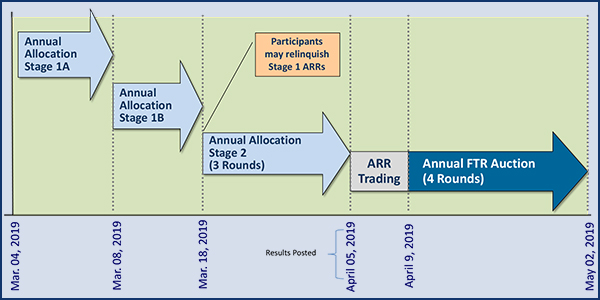Companies seeking to participate in PJM’s markets must provide the RTO with more financial records, corporate information and details of prior defaults under rules effective June 1.
FERC approved the tougher rules May 27, turning aside a protest from Dominion Energy, which said the RTO’s proposal was ambiguous (ER20-1451).
The new requirements for managing market participants’ credit risks arose from the 2018 GreenHat Energy default in the financial transmission rights (FTR) market.
PJM will determine whether a company presents an “unreasonable credit risk” based on factors including a history of market manipulation, financial defaults or bankruptcies within the past five years. It also will consider market and financial risk factors such as low capitalization, future material financial liabilities and low credit scores.
To allow PJM to conduct ongoing risk evaluation, companies also must make annual officer certifications and notify the RTO of any “material adverse change in the financial condition of the participant or its guarantor.”
The proposals won a 90% sector-weighted vote at the Members Committee in March and generally supportive comments from intervenors. (See PJM Members OK Tighter Credit Rules.)
Dominion, the only intervenor to protest in the FERC docket, complained that PJM’s process for choosing when it uses external credit ratings and when it uses internal credit scores was vague and required clarification. It balked at giving PJM discretion to use its internal credit score even when external credit ratings are available, saying it will make it difficult for an applicant to determine how much credit PJM will extend it. It said PJM should only be permitted to use its internal credit score when an external credit rating is unavailable. Dominion also said PJM failed to clearly define the term “unreasonable credit risk.”
FERC approved PJM’s filing without revisions, saying, “It is impractical to enumerate all of the examples that constitute an unreasonable credit risk, as doing so may unnecessarily limit when an RTO can act to protect its wholesale markets and market participants to only those specified instances enumerated in the Tariff.
The commission said the new rules are consistent with Order No. 741, which allows RTOs discretion in requiring additional collateral in response to changed circumstances.
“It is common for financial institutions and large business organizations to utilize multi-dimensional credit scores and internal ratings of quantitative and qualitative factors as a way to standardize the evaluation of an entity’s credit risk. We also note that, previously, PJM was only able to rely on external credit ratings, which … do not reflect market or liquidity risk and can go stale quickly.
“With the ability to consider both external credit ratings and its internal credit score, PJM will have more insight and visibility into the credit risk posed by a particular applicant or market participant and can react quickly to minimize financial exposure,” the commission said.
The commission denied Dominion’s contention that PJM’s proposal is unreasonably vague, saying the RTO’s promise to provide entities with their internal credit score provides transparency while also reducing the opportunity for a market participant to deliberately influence its internal credit score.
Concurrence
Commissioners Richard Glick and James P. Danly concurred on the proposed changes, which they said were “at least as exacting” as rules the commission has approved for MISO and NYISO.
But in a joint statement, they said they were “somewhat uneasy” with the discretion given PJM in making creditworthiness decisions.
“These revisions represent an important first step in enhancing PJM’s credit risk evaluation process, but they are just that: a first step. Further changes should be considered, not only in PJM, but in all the organized markets,” they continued, referencing the Energy Trading Institute’s December petition seeking a technical conference on credit and risk management (AD20-6). (See RTO Council Balks at Credit Rulemaking.)
They urged their colleagues to join them in supporting the conference, saying it would be a “timely vehicle for the commission to engage in a much-needed discussion on these important issues.”





